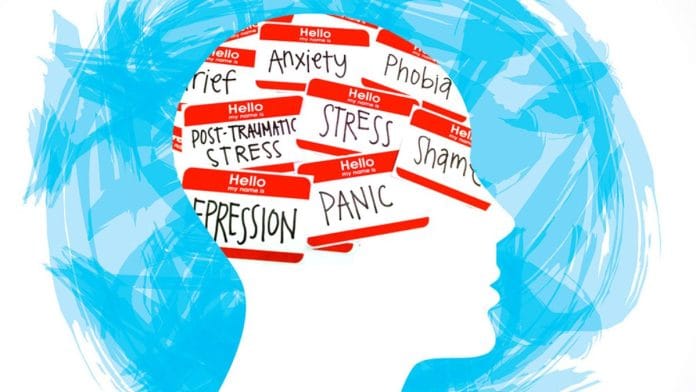Thank you dear subscribers, we are overwhelmed with your response.
Your Turn is a unique section from ThePrint featuring points of view from its subscribers. If you are a subscriber, have a point of view, please send it to us. If not, do subscribe here: https://theprint.in/subscribe/
In a country where we take pride in our demographic dividend, and where the children are expected to take our country forward, there is a fast-growing menace, which is causing immense psychological damage to our upcoming generation. Sadly, not much has been done in terms of definitive steps to address the issue.
In 1985, Dr Richard Gardner, a child psychiatrist, coined the term “Parental Alienation Syndrome,” wherein he observed common characteristics of alienation and denigration of a parent by the child. He defined it as a syndrome where one parent distances the child from the other parent by engaging the child in a series of manipulation techniques to denigrate the other parent, primarily observed in the context of child custody disputes in family courts. The alienating parent resorts to methods like badmouthing, limiting contact, and creating biased narratives to turn the child against the other parent. Parental alienation can lead to mental health issues in children such as anxiety, depression, eating disorders, PTSD, and psychosomatic disorders. The alienated parents too experience emotional distress, grief, and a sense of loss due to estrangement from their child.
Though there is no specific data, some sources suggest 82,000 to 125,000 children are added to the those affected by parental alienation annually, as some form of parental alienation occurs in over 70% of divorce cases involving children. This figure is a conservative estimate and implies a cumulative number over time, potentially affecting millions of children and parents. For more precise data, further research and reporting in Indian family courts should be done.
The alienated parent is usually not able to speak about the grief openly due to shame and because our society considers it as a personal issue for a family. While perpetrators of such alienation are mostly women, the issue should be seen through a gender-neutral lens and as a toolkit used to manipulate the legal system and harass the other parent in divorce/custody cases. Women are able to deny access of children to father, decline visitation rights, delay court proceedings, not bring children for counselling sessions etc.
Indian laws primarily focus on custody and visitation rights, and have limited provisions, law or statute which addresses psychological manipulation that is intrinsic in parental alienation. This emboldens parents to viciously engage in alienating actions and deprive the father and child, of their natural rights.
What needs to be done?
This form of emotional abuse has damaging, long-term effects on the psyche of children. While breaking of a family affects several individuals, children, who are innocent casualties of any marital discord, need to be fiercely protected by the judiciary from the hostility between parents.
- There needs to be larger awareness within the society, particularly amongst children around the importance of family as an institution, and that in a situation where a family disintegrates, the children deserve the love and affection of both parents. As citizens, we should watch out for single parents, where the ‘other parent’ has no presence in children’s lives.
- It should be made mandatory for schools and colleges to share updates about the children to both parents, and that their collective approval is made mandatory for important decisions like admissions, transfers etc.
- A father’s right to free access to his children should be made a legal right. Any attempt to block a father’s access should be treated as a criminal offence.
- The Guardians and Wards Act, 1890 (GWA) does not explicitly mention or define parental alienation or Parental Alienation Syndrome (PAS) as a specific legal concept or provision. The lawmakers should consider suitably amending the act.
- In custody case, the Family court judges should periodically conduct evaluation of the child through a trained psychologist to evaluate any symptoms of parental alienation. And their recommendations should be strictly enforced.
- The Family court orders regarding visitation and equal access to both parents should be passed immediately after custody petitions are filed. Time is of essence; the more time elapses, the child starts to get increasingly influenced by the alienating parent.
- In our country, mothers are revered, often considered the embodiment of virtue and love and hence the best suited to take care of the child and father is left to provide for finances. However, while making child custody decisions, principles of gender equality should be applied and overall conduct of the parent, educational background, vision for child’s future, openness to take the other parent along etc. should be considered.
- False allegations made against a parent in custody cases, with an attempt to deprive him/her of the right to meet children, should be treated under the provisions of perjury.
I appeal to relevant authorities to take definitive actions before it’s too late.
These pieces are being published as they have been received – they have not been edited/fact-checked by ThePrint.


